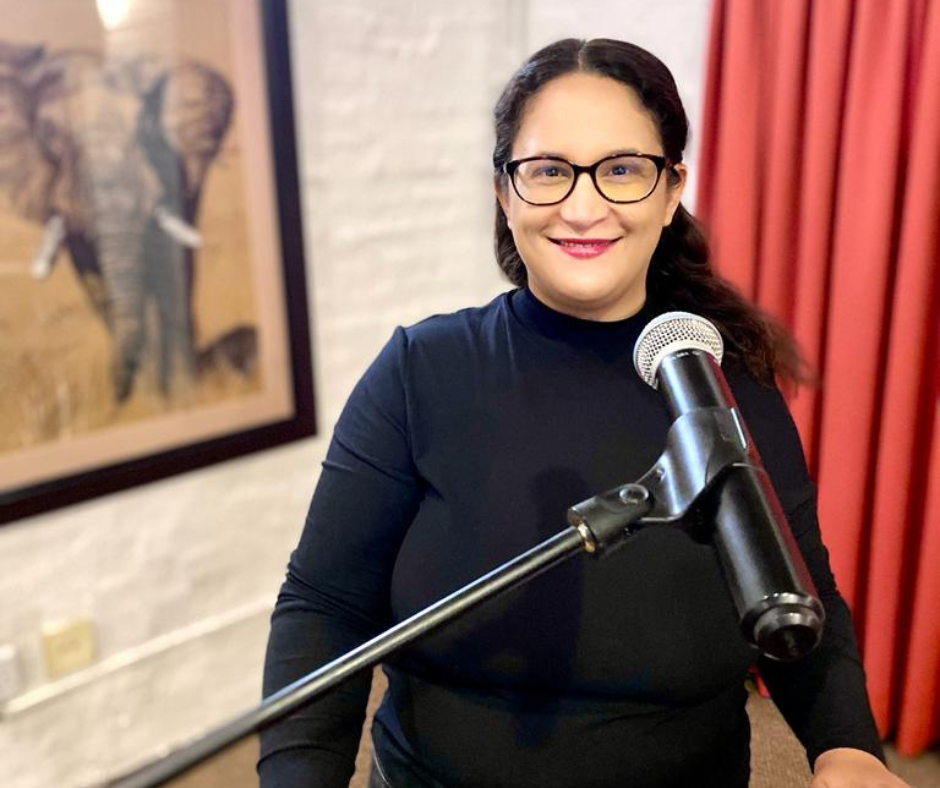COMMUNITY SCHEME Q&A WITH TVDM CONSULTANTS (Nov. 23)

1. In a body corporate, can the trustees raise a special levy without any member input?
Yes, only a trustee resolution (majority trustee decision) is needed to approve, determine and raise a special levy, noting that the trustees can refer the item to the members for an ordinary resolution (majority vote) or for informal input.
2. If a body corporate has to apply for rezoning, what level of consent is needed?
The trustees are deemed to be the owners of the land (sectional title scheme), and as such, a trustee resolution (majority trustee decision) is needed.
3. At an annual or special general meeting, may the owner and their appointed proxy attend?
Yes, the owner authorises the proxy to attend, count towards the quorum, participate in the discussion/s and vote. The owner can attend, but does not count towards the quorum as well, can participate, but cannot vote.
4. Must amended estate rules be submitted to the Community Schemes Ombud Service for review and approval?
No, any governance documentation of a homeowners’ association (including constitutions, memorandums of incorporation and rules) do not have to be submitted to the CSOS for review and approval. This is only the case for amended management and conduct rules of bodies corporate. The CSOS does offer a voluntary process of “quality assurance” however.
5. Can a managing agent make an application for dispute resolution to the CSOS on behalf of a body corporate or HOA?
Yes, if the managing agent is duly authorised by means of a trustee or board resolution.
6. What can an applicant or respondent do in the event of an unsuccessful CSOS Adjudication Order?
If one of the grounds for setting an Order aside is relevant, an application can be made for the setting aside of an Adjudication Order and attendance to an application for dispute resolution afresh with the same adjudicator or another. Should the above not apply, an application can be made to the High Court for the review of an Order should there be an issue with the procedure followed, or an appeal if there is an error in law.
7. Is there a template HOA constitution or memorandum of incorporation?
As every HOA is different to the next, and developed and established in line with the developer’s intention and instructions, there is no “template” or standard constitution or memorandum of incorporation (“MOI”), as in the case of the prescribed conduct and management rules applicable to sectional title schemes. The trustees / directors of an HOA must ensure that the governance documentation in place is suitable to the association and its members.
8. Is settlement possible during the process of a CSOS application for dispute resolution?
Yes, other than during the conciliation stage, where a settlement agreement may be entered into, the parties to a dispute may agree, with or without the assistance of the CSOS, to resolve the dispute at hand. A settlement agreement may further be made an Adjudication Order if so required.
9. Are developers allowed to be taken to the CSOS for dispute resolution?
Apparantly not in the opinion of the CSOS. Although it is possible that a developer is a person materially affected by a dispute, such as the holder of a right to extend the scheme in the case of a body corporate, or a developer during the defined developer period in an HOA.
10. Is it free to approach the CSOS?
Yes, it is, other than the prescribed levy contributions payable to the CSOS.


No Comments